Rescue recovery motorists 'overcharged'
- Published
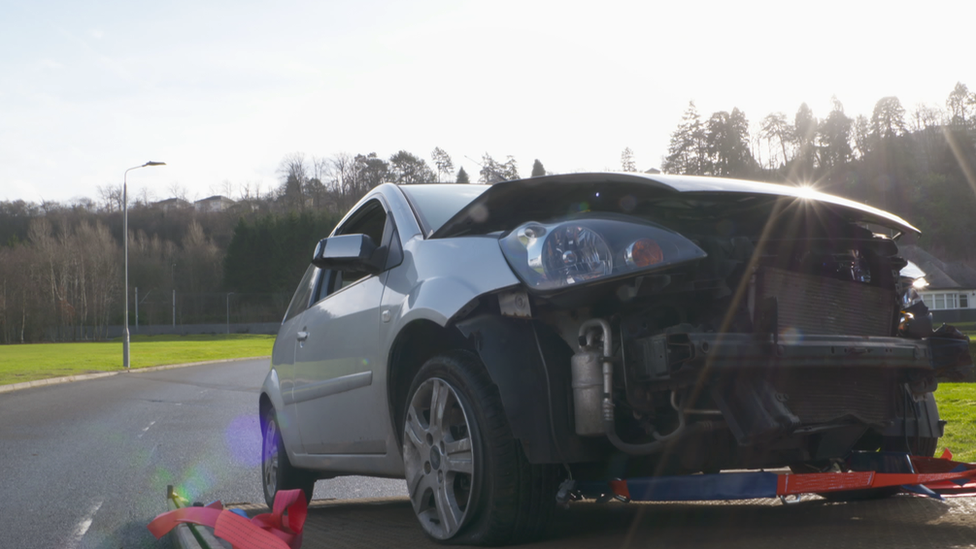
Many motorists are being overcharged when their vehicle is towed after a road accident or police incident, The Nine reports.
Police Scotland can order vehicles to be removed if they are a danger or obstruction to road users.
The law states that the fee charged to owners should be £150.
The police have been accused of allowing the firms who carry out the work for them to add additional charges on top of the legal removal cost.
Police Scotland said they were within their rights to allow extra charges in exceptional circumstances.
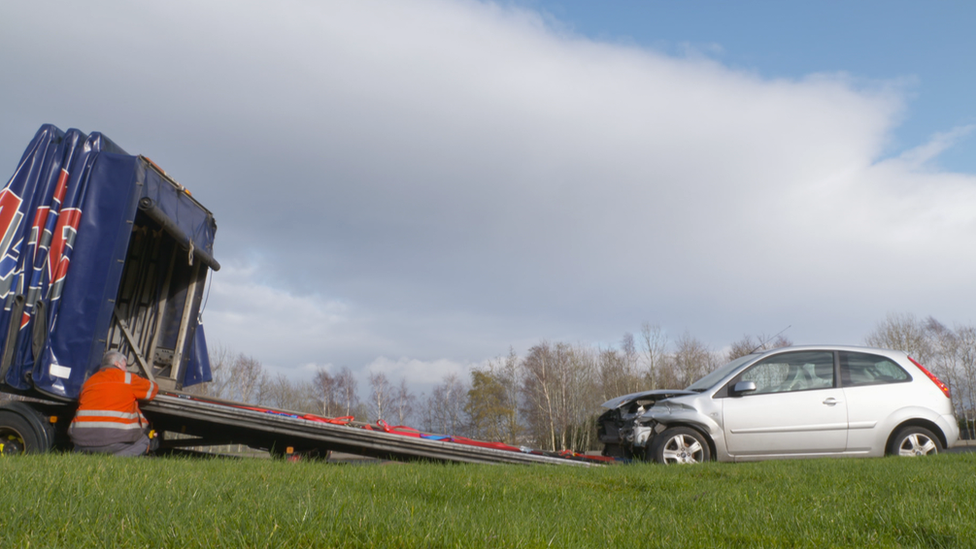
They said it was "ludicrous" to think all rescues could be done for the flat fee when some were more complex.
However, former employees of one firm used by the police told The Nine they were told to add additional charges to invoices on a regular basis.
And the organisation which represents recovery operators, Avro, said overcharging was a threat to the "integrity" of the industry.

What the law says
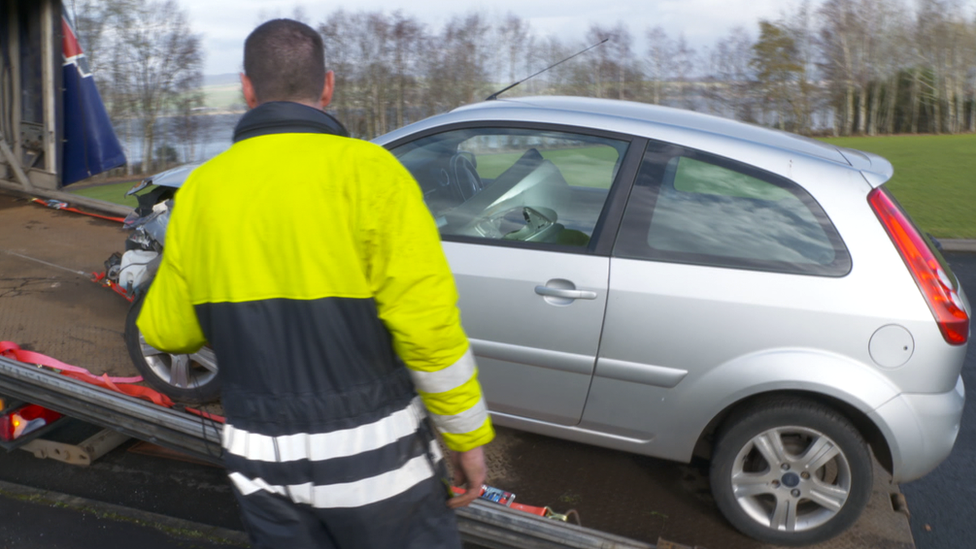
The Road Traffic Regulation Act 1984, external gives the police the power to remove vehicles which are causing an obstruction after an accident or if they have broken down in a dangerous place.
Crucially, there is a statutory charge, which is set by the regulations from 2005 at £150, external.
That means a flat fee of £150 - whether it is a car, bus or HGV.
But it gets more complicated.
Soon after it merged five years ago, Police Scotland outsourced this work to a management firm called FMG.
It uses a number of private recovery operators to carry out the work.
The Nine investigation revealed drivers were sometimes being charged far more than the legal amount.

Statutory charge
Freedom of Information requests showed that the police ordered such recoveries more than 43,000 times in a three-year period to March 2018.
The amount people were charged was on average double the legal limit, bringing in an extra £6m above the statutory charge.
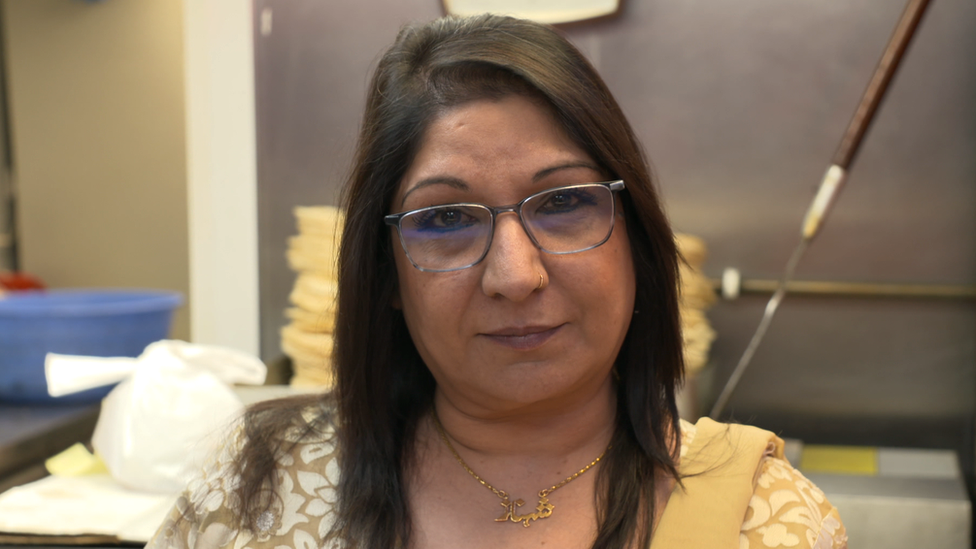
Shahnaz Wahid was charged £400 after she had her van stolen
Shahnaz Wahid was charged £400 after she had her van stolen last year.
It was abandoned a few miles from her shop in Strathaven, South Lanarkshire.
Police ordered it to be removed from the roadside.
Shanaz said she was "heartbroken" when the bill arrived.
"If I had known police were going to do that I would have got the car back myself," she said.
'Huge problem'
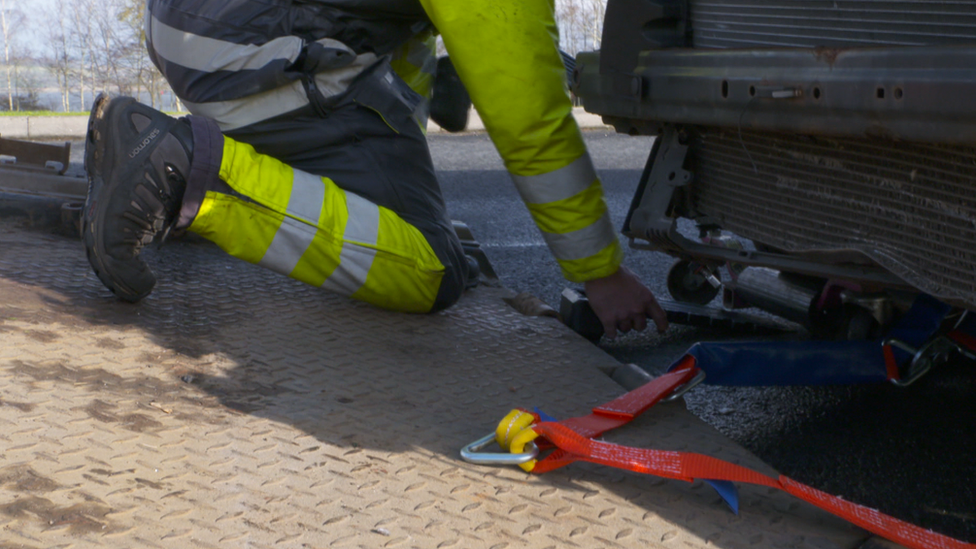
Ch Supt Stewart Carle, head of road policing at Police Scotland, said: "We can't expect operators to send for further equipment, to hire in specialist equipment that they don't have, and simply charge a flat fee of £150. That's ludicrous."
He said the alternative was the taxpayer picking up the extra charges rather than the car owner or the insurance company.
Ch Supt Carle insisted that his legal advice showed that the police position was correct.
"The law provides for a statutory fee and our contract provides for reasonable and fair expenses above that," he said.
Stephen Smith, president of industry body Avro, said he was "absolutely flabbergasted" that the police were continuing to allow the practice of "overcharging honest drivers and haulage operators".
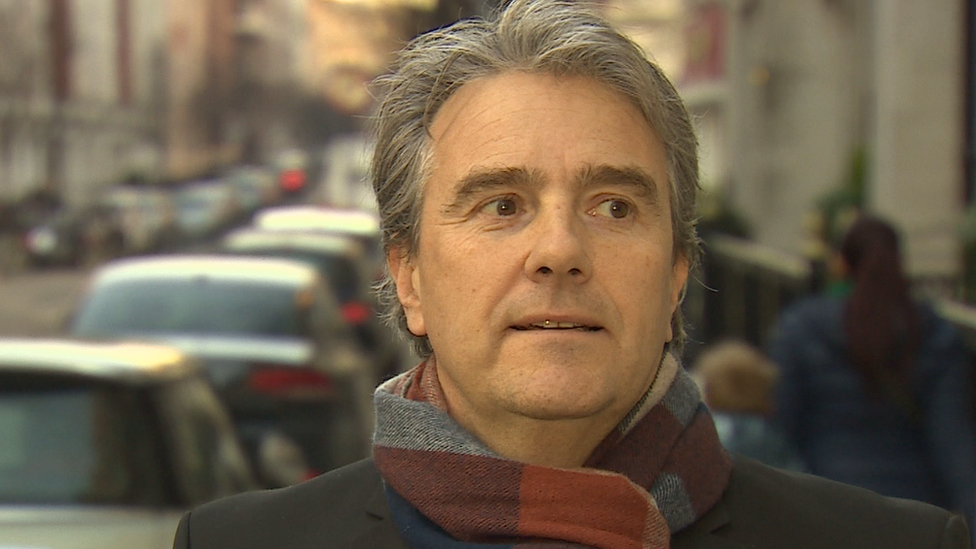
Stephen Smith said overcharging was a widespread problem
Avro is challenging the police in the courts again but the case was put on hold in January 2018 because the Scottish government is now considering amending the legislation.
Its consultation closed more than six months ago. And still nothing has changed.
The Scottish government said: "The consultation analysis will be published shortly and next steps will be announced in due course."
In England and Wales, the laws around the recovery of vehicles changed more than 10 years ago - it followed a long-running campaign by the industry.
It changed to a matrix system of charges which depend on the amount and type of work carried out.
Where does the money go?
A number of recovery operators are on the police contract but in The Nine investigation one name came up more than most.
We spoke to three former employees of 911 recovery, based in Glasgow.
They all said overcharging there was routine.
Two of them were prepared to speak on camera.
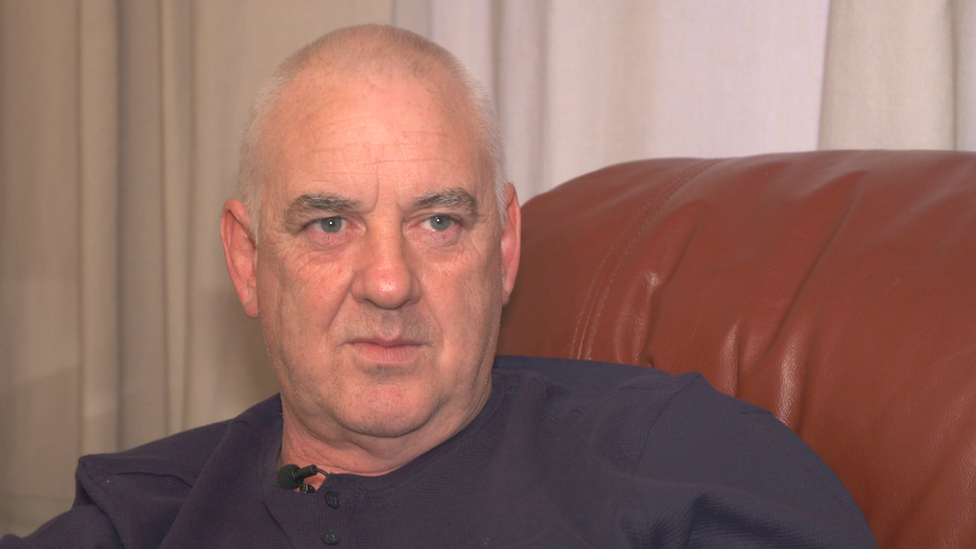
Former 911 employee Stuart Taylor said it was common knowledge
Former 911 employee Stuart Taylor said: "It's always been common knowledge between other drivers how much people are being charged for these sorts of jobs.''
"If we're doing a job, they'll get charged for chains, special equipment which we are meant to have used but it's just our normal equipment. We use it every day."
Another ex-911 employee, James McEwan, said: "We would get a percentage of each piece of equipment used.
"It was kind of an incentive to use as much equipment as we could on each job to get the most money out of each job."
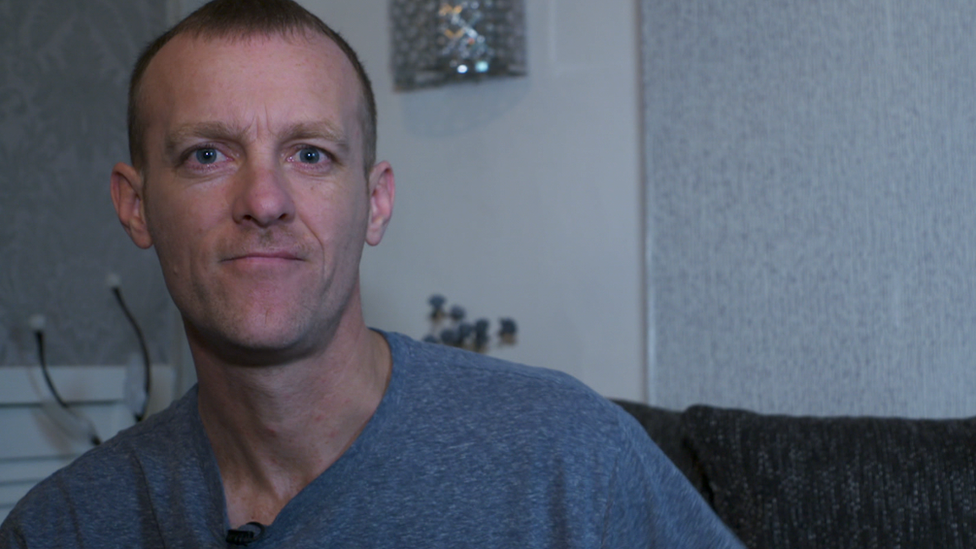
Jim McEwan said there was an incentive to use as much equipment as they could on each job
A lawyer representing 911 said the allegations of overcharging were "groundless".
A statement said: "The services 911 provide to Police Scotland are subject to strict regulatory control.
"Many of the fees paid to 911 by Police Scotland are set by parliament and are subject to an audit.
"911 does not incentivise its staff to provide unnecessary services.
"We have never seen, nor have BBC Scotland provided us with, any independent evidence which substantiates the allegations of overcharging which have been made against us."
Litigation specialist Alex Garioch told The Nine: "If a motorist has been charged more than the statutory charge within the past five years they would be entitled to recover that element of the charge that exceeded the statutory element."